| Invitation to attend the seminar on Regulations and procedures for granting certificates of the Bureau of Indian Standards Regulations and procedures for granting certificates of the Bureau of Indian Standards (BIS) for foreign enterprises |
The workshop attracted the participation of more than 60 Vietnamese enterprises. In his opening speech, Mr. Bui Trung Thuong, Commercial Counselor in India, emphasized the importance of BIS certification issued by the Bureau of Indian Standards. This is a mandatory certificate for both domestic and foreign manufacturers for their products to be consumed in the Indian market. This list is increasingly expanding and currently some items such as chemicals, toys, steel, footwear, tires, synthetic fibers... are required to have BIS certification and are items that Vietnam is exporting to India.
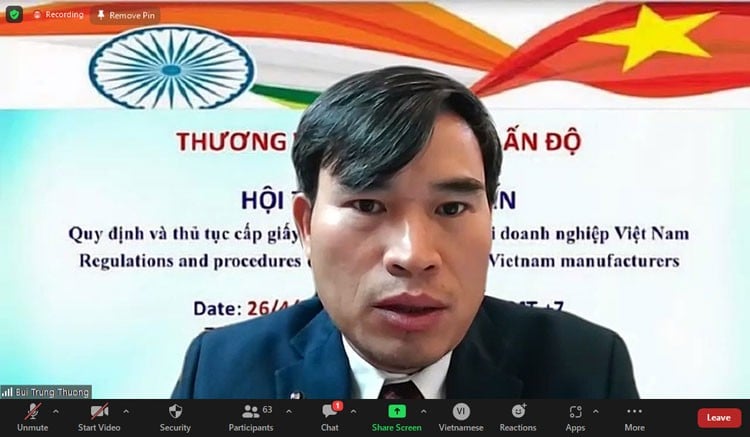 |
| Mr. Bui Trung Thuong, Commercial Counselor in India |
The two speakers of the program, Mr. S. Venkatesh and Mr. P. Deshick, working at the Foreign Manufacturers Certification Department (FMCD) under the Bureau of Indian Standards, have directly granted BIS certificates to many foreign enterprises, including Vietnam. The two speakers presented in detail the procedures and documents required to register for BIS, cases of application rejection, on-site surveys at factories, the role and responsibilities of the Indian representative to contact FMCD on behalf of foreign manufacturers, license renewal, bank guarantees and related fees.
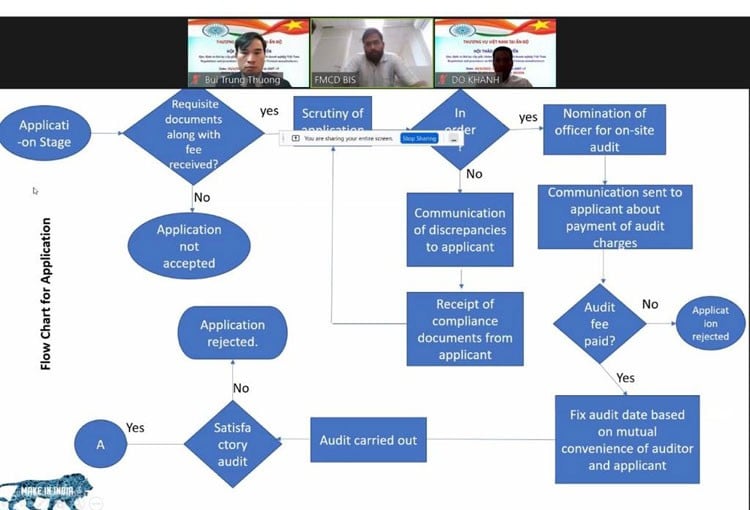 |
To obtain BIS certification, the manufacturer needs to prepare the following documents: Application form with application fee of INR 1,000; Address verification of the factory; List of manufacturing machinery; List of testing equipment as per ISS and relevant calibration certificates, product manuals; List of raw materials with certificates of analysis; Factory layout plan; Flow chart of manufacturing process with brief descriptions and intermediate quality control points; Factory test report for all possible tests as per Indian Standards; Acceptance letter of product manual, marking fee; Letter of consent (if no complete testing facility is available); Technical specifications related to the product (if any).
During the presentation, the speaker also mentioned the cases where a BIS application may be rejected, including: (i) Failure to have adequate testing facilities as per the ISS or related product manual; (ii) Failure to fully answer questions posed by the designated officer; (iii) Failure to pay the full registration fee; (iv) Failure to issue an invitation letter to the designated officer; (v) Failure to confirm or be available for the examination.
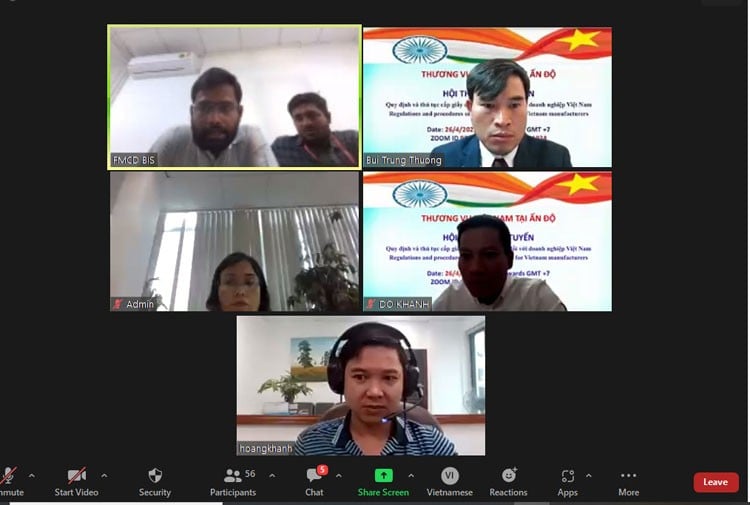 |
Once a complete application has been received from the company, BIS will assign an expert to conduct an inspection at the manufacturing facility. This inspection will assess factors such as: Manufacturing facilities, hygiene (in the case of food products), testing facilities and quality control personnel. If the assessment is satisfactory, samples will be taken for independent testing. The applicant will be responsible for the costs associated with transportation and customs clearance.
During the workshop, an important requirement for Vietnamese businesses was to have an Authorized Representative in India (AIR). The AIR must be an Indian national and represent only one manufacturing company and not other foreign manufacturer(s) under BIS Conformity Assessment programmes. However, in case the foreign manufacturers belong to the same group of companies and the importer (related to the foreign manufacturer) is designated as AIR, this restriction will not apply.
For AIR, the requirement is to be a graduate with professional qualification and be well versed with the provisions of the BIS Act, 2016 along with the relevant rules and regulations. They should not have any conflict of interest in relation to their role in testing the sample(s) in the third party laboratory. In addition, AIRs should comply with the acts, rules, regulations, terms & conditions specified in the BIS Licence, agreements, undertakings etc. executed by or on behalf of the foreign manufacturer relevant to the grant of the operating licence.
The issue of bank guarantees is also of concern to businesses. According to regulations, after being granted a BIS certificate, manufacturers must have a bank guarantee of USD 10,000 from banks with branches in both Vietnam and India (such as HDFC, DBS, Citibank, Standard Chartered).
The BIS license will be valid for one or two years upon initial registration. Thereafter, the business can apply for renewal for up to five years, based on the performance of the license. The application for renewal should be submitted at least three months before the license expires. The annual license fee is Rs. 1,000/- multiplied by the number of years for which renewal is requested and the renewal application fee is Rs. 1,000/-.
The workshop was attended by a number of businesses operating in various sectors including steel, textiles, footwear, toys and polyester as this is a complex and close-to-home issue for businesses. For each product category, the Bureau of Indian Standards has issued specific guidance on relevant documents and regulations.
For more details on the requirements for their products, businesses can visit the website of the Bureau of Indian Standards at: https://www.bis.gov.in/; email of the Foreign Manufacturers Certification Department (FMCD) [email protected]. Businesses can contact the Vietnam Trade Office in India at B2/51 Safdarjung Enclave, New Delhi, or via email: [email protected] or [email protected].
Source


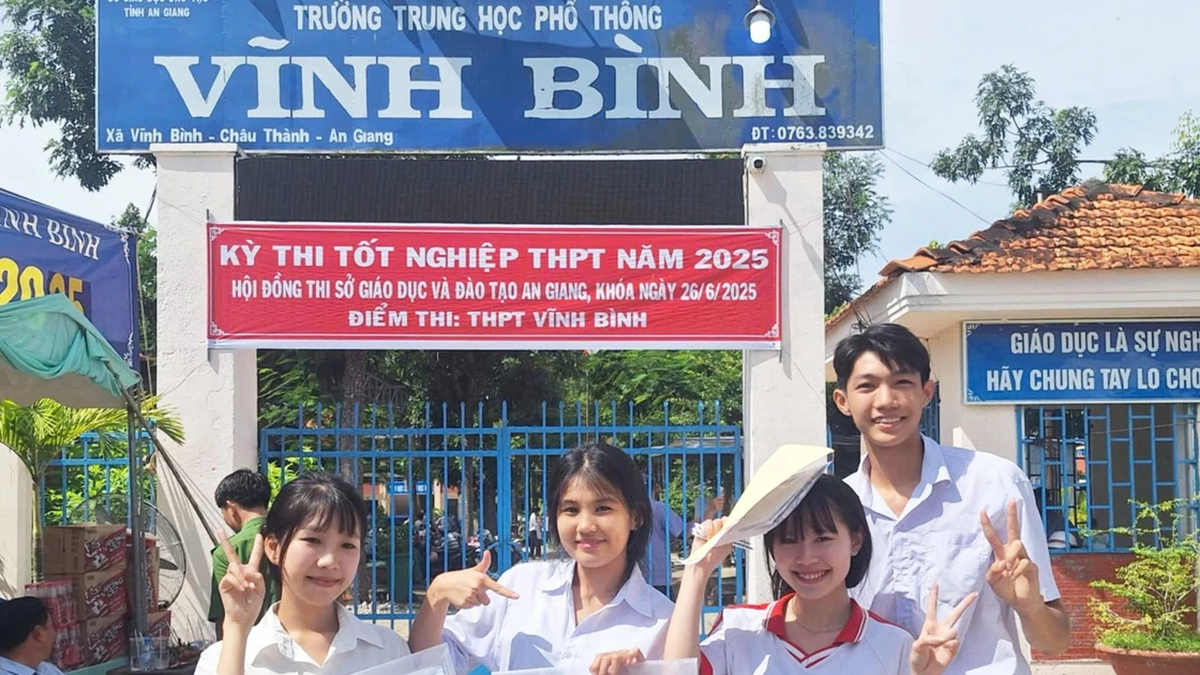
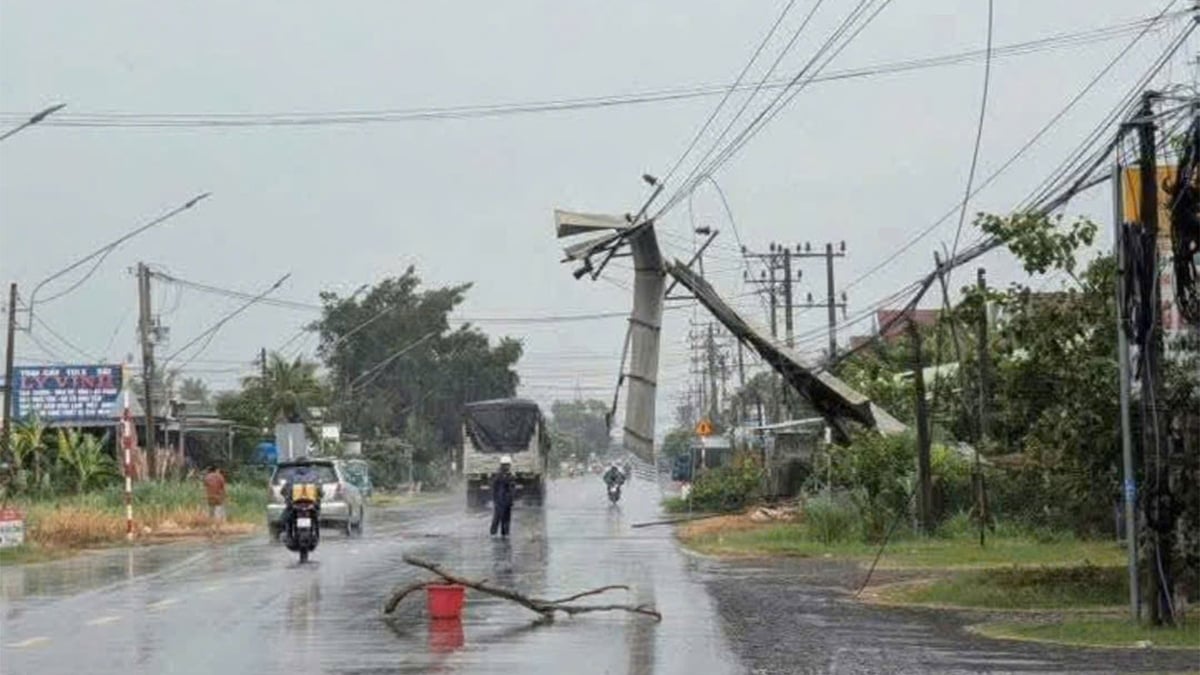
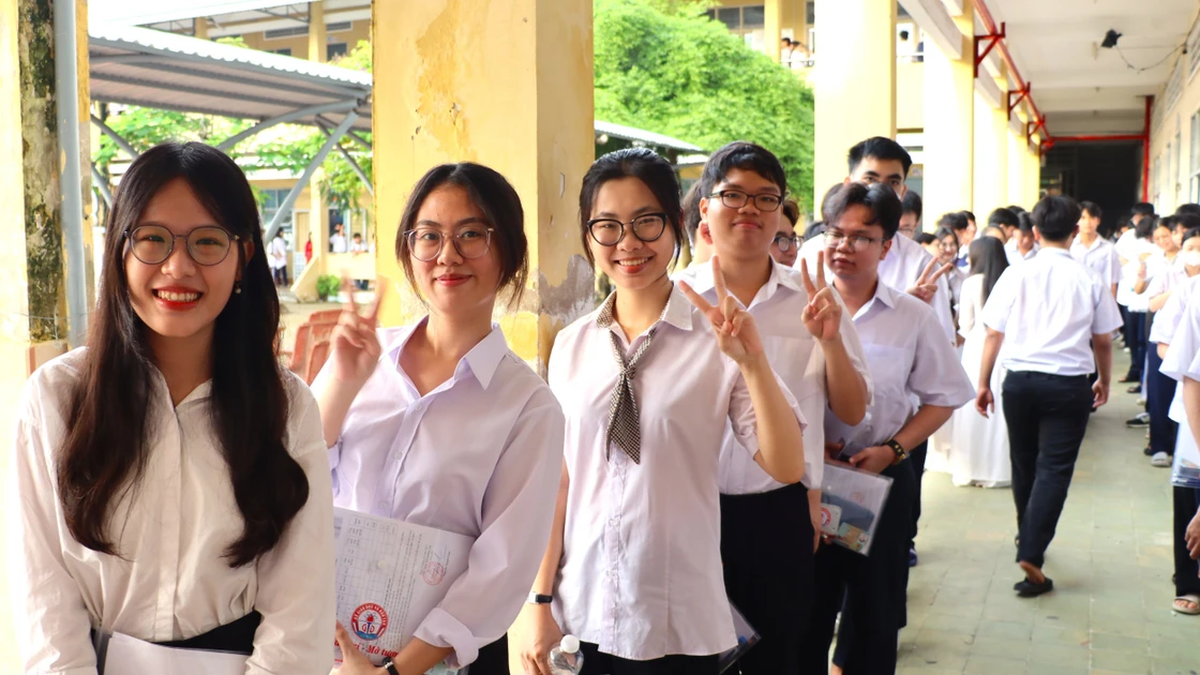
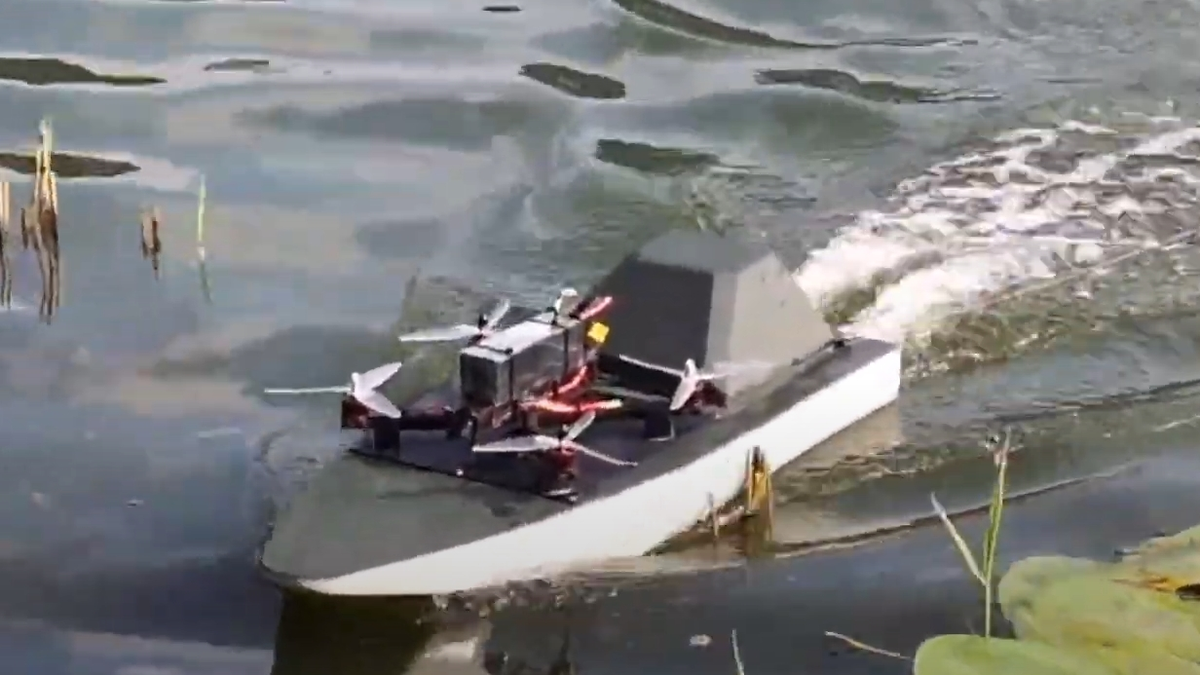
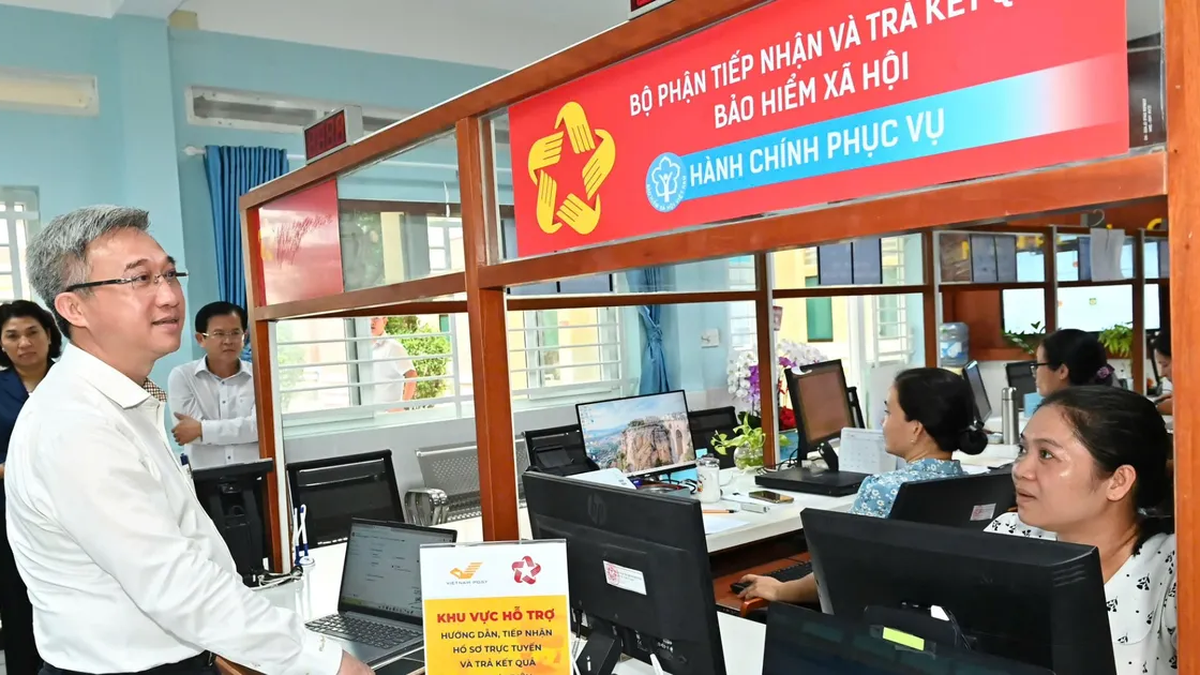
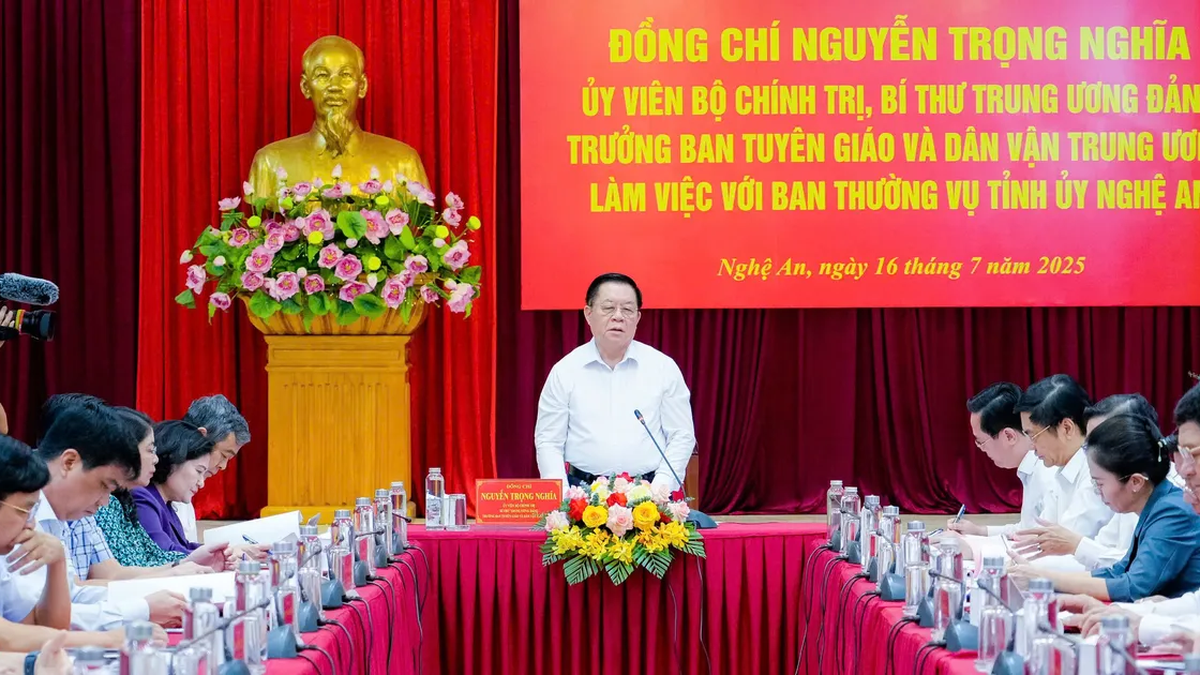
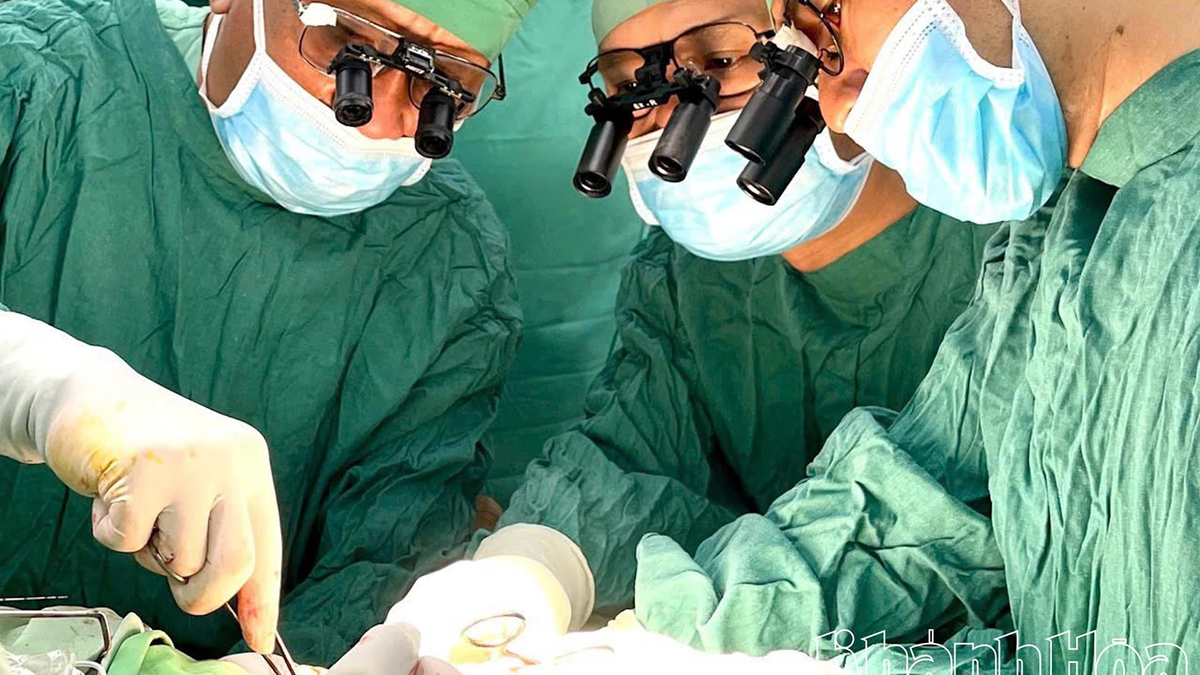
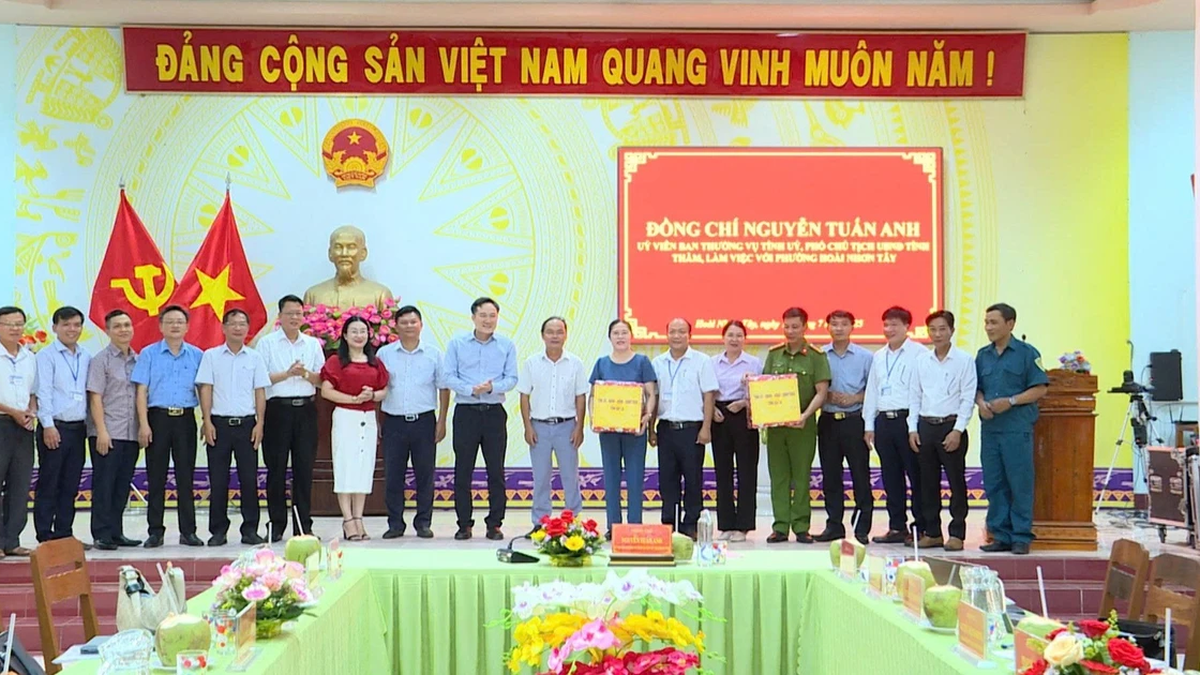
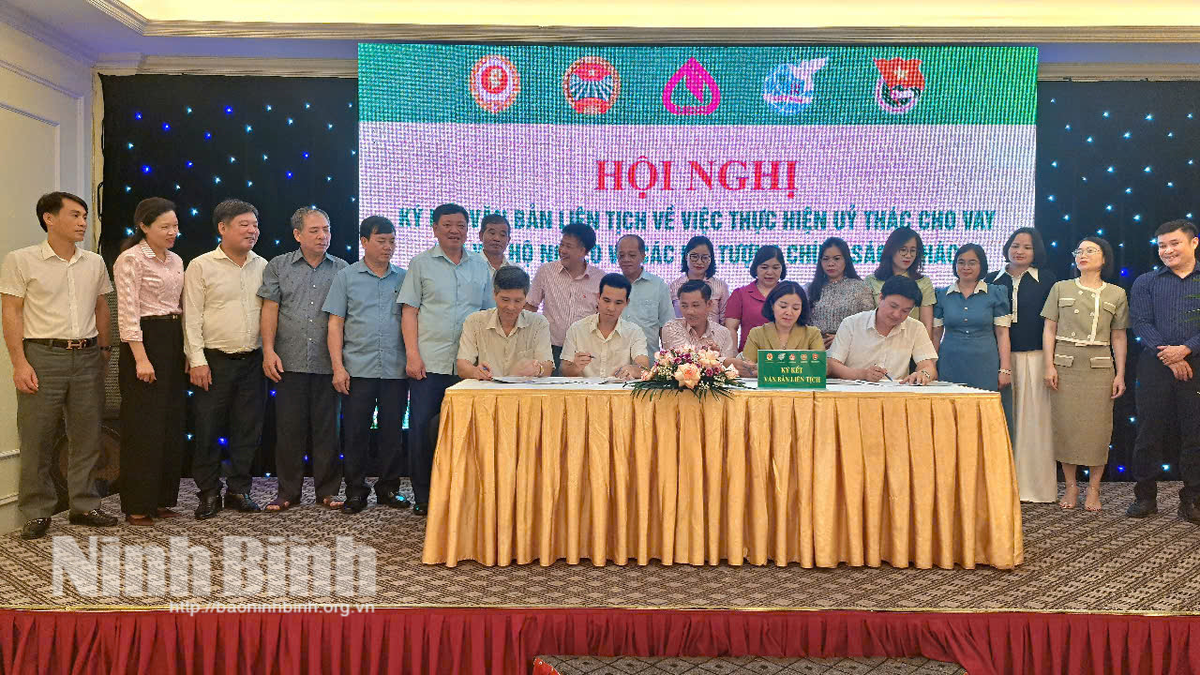
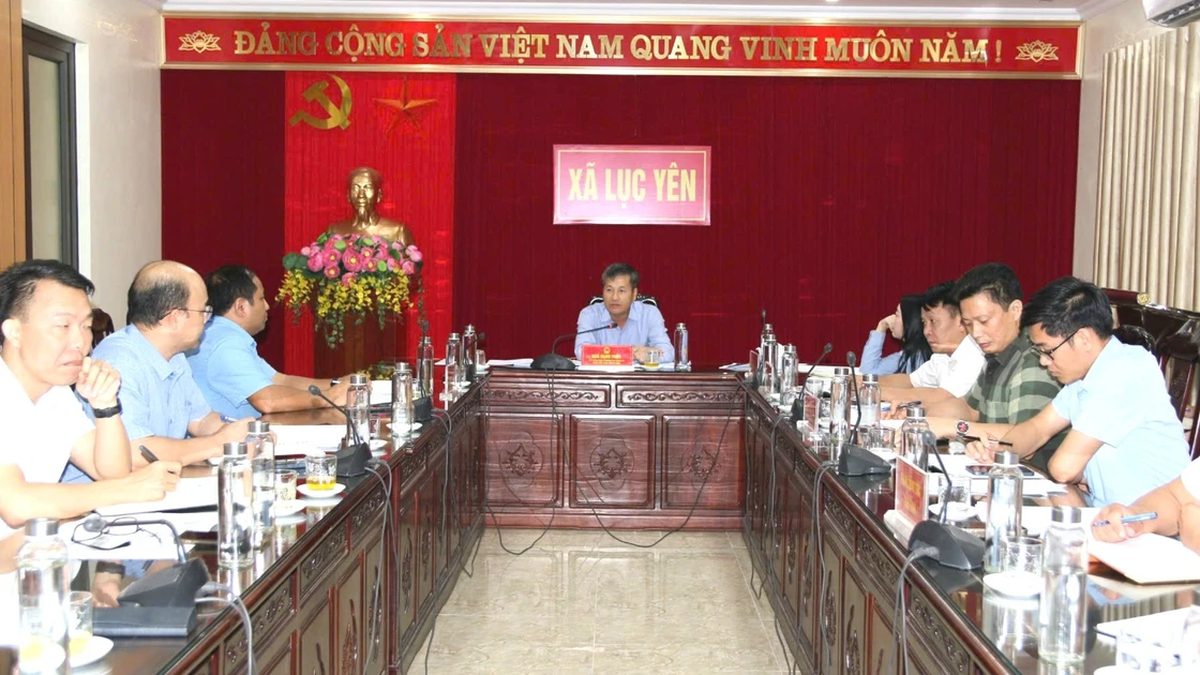








































![[Maritime News] More than 80% of global container shipping capacity is in the hands of MSC and major shipping alliances](https://vphoto.vietnam.vn/thumb/402x226/vietnam/resource/IMAGE/2025/7/16/6b4d586c984b4cbf8c5680352b9eaeb0)




















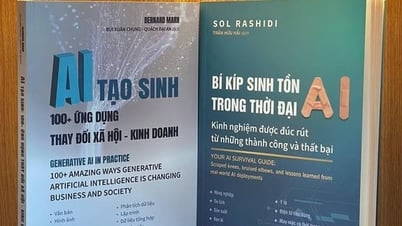
























Comment (0)